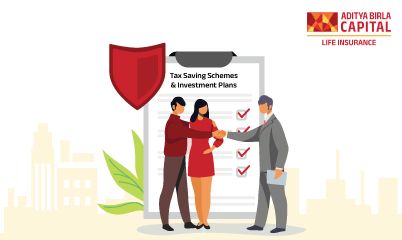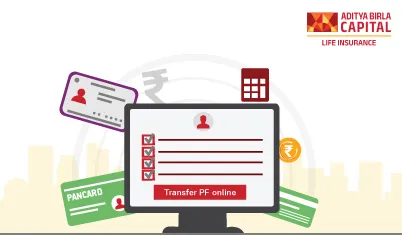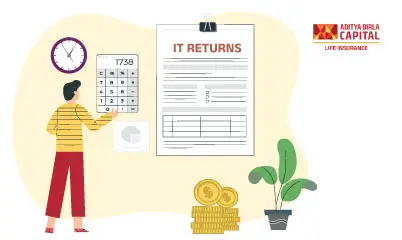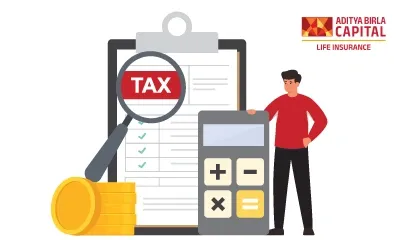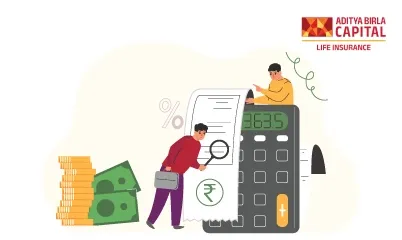What is Self Assessment Tax?

Plan Smarter, Live Better!


- Table of Contents
FAQ-What is Self Assessment Tax
Self Assessment Tax is the balance tax that a taxpayer has to pay before filing the Income Tax Return after accounting for TDS and Advance Tax. It ensures that the total tax liability for the fiscal year has been met.
Paying SAT online involves visiting the Income Tax e-filing portal, selecting 'e-Pay Tax,' choosing Challan No./ITNS 280, filling in details, selecting 'Self Assessment Tax' under 'Type of Payment,' and completing the payment through the selected bank.
SAT is calculated by computing the total tax liability, adjusting for TDS and Advance Tax, and deducting any eligible deductions and exemptions. The resulting figure is the SAT.
You can download the challan by logging into the Income Tax e-filing portal, navigating to 'My Account,' selecting 'View Form 26AS,' choosing the relevant Assessment Year, and downloading the challan details from Part C of the Form.
Yes, if there is an outstanding tax liability after accounting for TDS and Advance Tax, paying SAT is mandatory before filing the Income Tax Return.
Yes, SAT can also be paid offline by visiting the bank and filling out Challan 280. However, the online payment method is more convenient and widely preferred.
Failure to pay SAT can lead to penalties and interest charges. It may also result in the non-processing of the Income Tax Return.
SAT should be paid before filing your Income Tax Return, ensuring it's done within the due date of the ITR filing for the particular financial year.
Yes, if you have overpaid the SAT, the excess amount will be reflected in your tax assessment, and you can claim a refund for the same.
The success of the payment is confirmed by a challan counterfoil displayed after the transaction. You can also verify it by checking Form 26AS, where the payment details will be reflected.
Buy ₹1 Crore Term Insurance at Just ₹575/month1
ABSLI DigiShield Plan
Life cover up to 100 years of age.
Joint Cover Option
Inbuilt Terminal Illness Benefit
Tax Benefit^
Return of Premium Option~
Life Cover
₹1 crore
Premium:
₹575/month1
Most Popular Calculator
For more details you may visit the official website of the Income Tax Department of India.
ADV/2/24-25/2787



